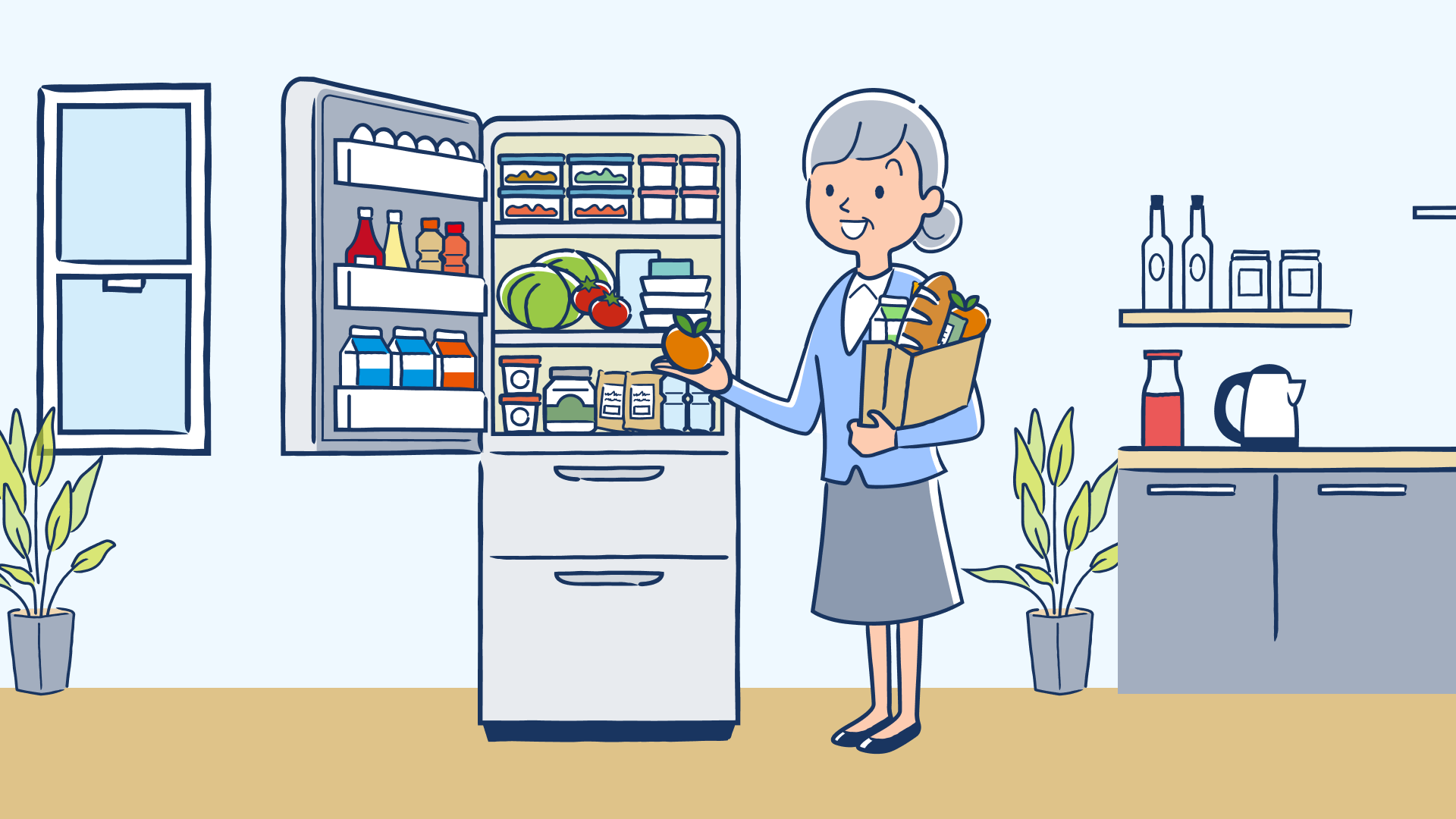Time to read : 4 Minutes
For the past three months Chin-o has been budgeting hard to pay for groceries to feed her family of four – scrounging for any savings she can pocket from weekly specials and fuel dockets.
It’s not much but she’s managed to cut $20 from her weekly grocery shop.
Besides groceries, one of her biggest non-negotiable monthly spends for at least 25 years is health insurance – which is currently $256. Chin-o has been with the same private health care provider all this time.
Her health fund has been covering expenses such as dental and optometry for her family including when her kids became adults. These are extras she needs.
But on the other hand, she’s also covered for prenatal, pregnancy and postpartum care – extras she no longer needs as she’s not planning on having more children.
"I had been with the fund for so long and it never occurred to me to shop around for a better policy that would also save me money” – Chin-o.
Chin-o’s health care needs are very different to when she took out the original policy more than a quarter of a century ago. If she was to switch insurance coverage tiers, she’d save $1,182 this year. That’s more than the total savings she can make in a year when saving $20 a week on groceries.
But, like many other Australians, Chin-o hasn’t considered switching private health insurers and is cutting back on her weekly grocery shop instead.
In Compare Club’s May 2024 Bill Stress report, we found that despite experiencing significant bill stress, more than 70% of Australian households have not attempted to change providers for a better possible deal. Other findings include:
Utilities were the single biggest stressor and only 28% have switched in the past six months.
This was down 40% from the previous half year.
This trend is reflected across car loans and health insurance which were also significant stressors, where only 16% and 20% have switched respectively.
Of the Australians who reported feeling extreme anxiety about paying utilities, car loans or health insurance:
76% have cut back on non-essential spending
57% have cut back on essential spending
only 32% of this demographic have switched providers for utilities
only 20% have switched life insurance providers.
What’s stopping Aussies from switching?
In 2023, research company IPSOS reported that there were several reasons why Australians weren’t switching for better deals.
For middle-aged Australians the perception was switching is too complicated, confusing or difficult.
The report found that people were more likely to switch policies when there was an underlying driving force – whether that be marriage, planning a family, or anticipated future health problems.
But once purchased, the premium was often viewed as a set cost for life, rather than something that could be adjusted for changing needs. Only 11% of people cited switching providers – without being prompted – solely for the reason of wanting more value for money.
Chin-o now knows the importance of reviewing her policy as her situation changes which requires breaking free from her previous mindset.
“It’s something I’ve just always paid for without blinking an eyelid. I had been with them for so long, and it didn’t even cross my mind that there was a need to change,” she said.
It’s easy to see how misconceptions such as Chin-o’s lead to thousands of Australians unnecessarily overpaying for major expenses.
Bottom line
It’s quite possible that you’re overpaying for insurance in one way or another.
The easiest way to save is to remove items that you no longer need, such as pregnancy.
It’s worth getting help reviewing your extras as there’s plenty of value to be realised here.
While it may not be as satisfying as scavenging for supermarket deals or making the most of coupons, switching for a better deal is a relatively straightforward process.
We should also highlight that it’s easy to quickly see where you can get more value for money with the help of Compare Club’s experts. Get started with an online quote today.
Go deeper:
About the May 2024 Bill Stress Index:
Our survey results included responses from more than 1,000 Australian households from New South Wales, Victoria, Queensland, South Australia and Western Australia, aged between 18 and 55+.
